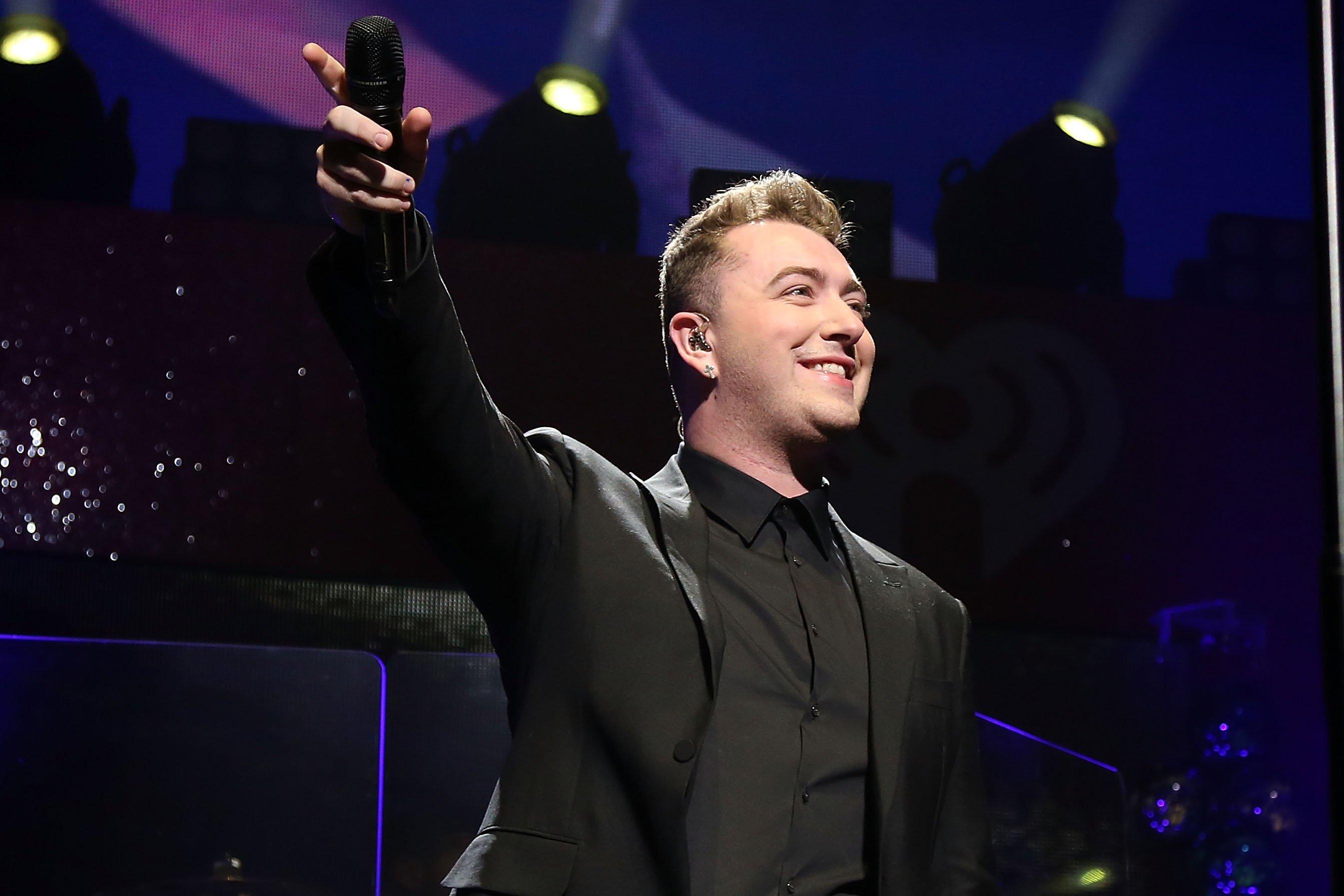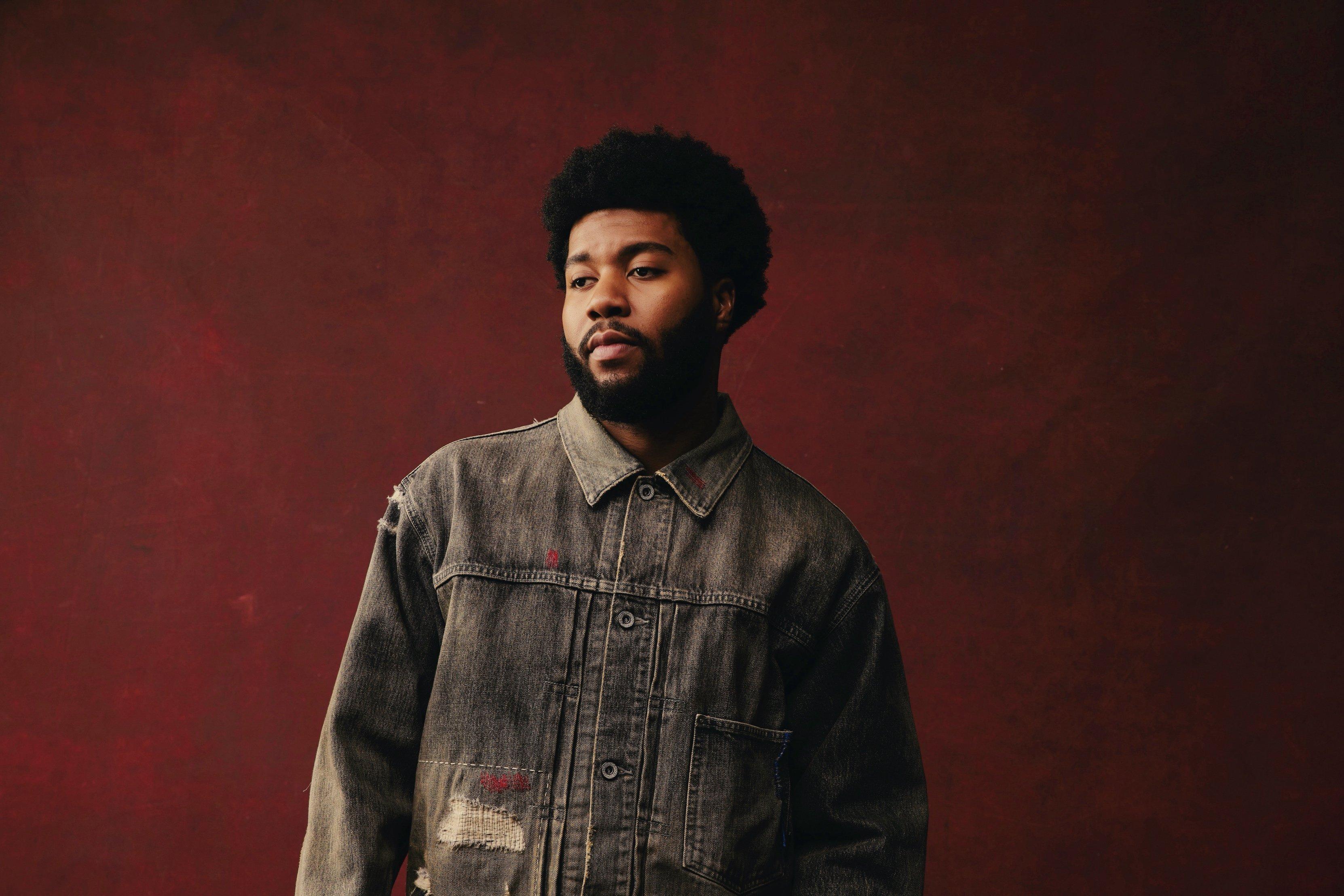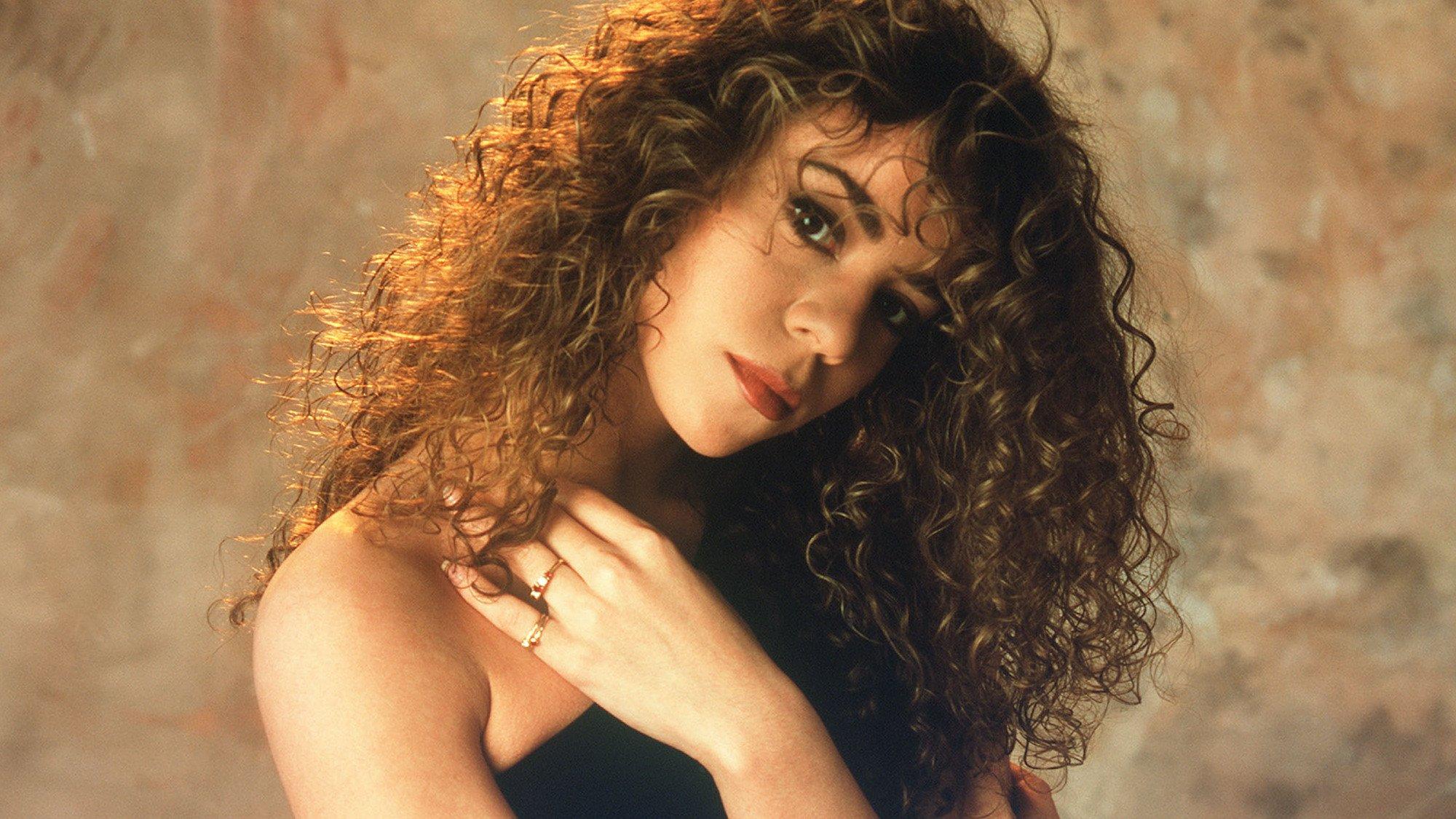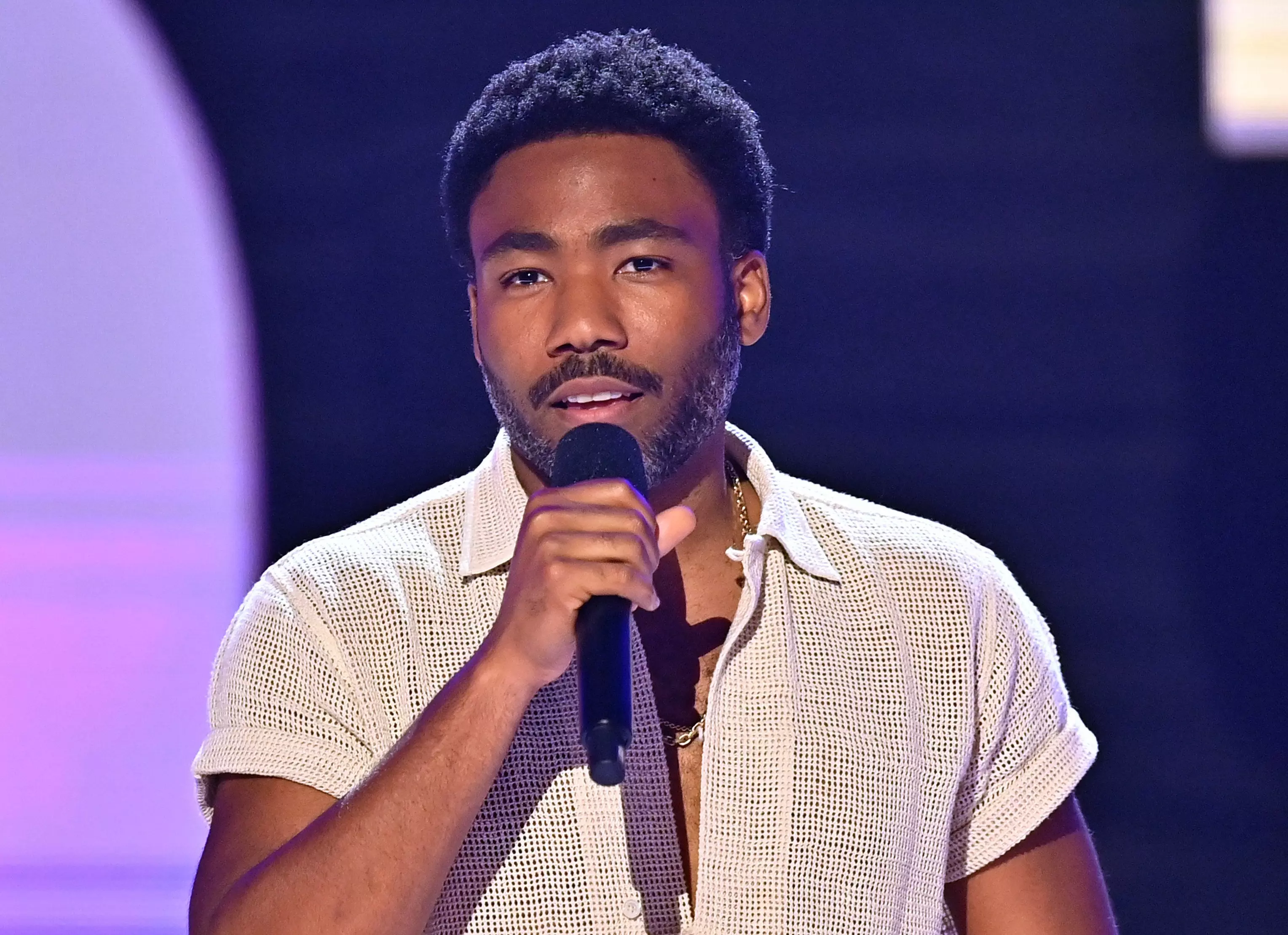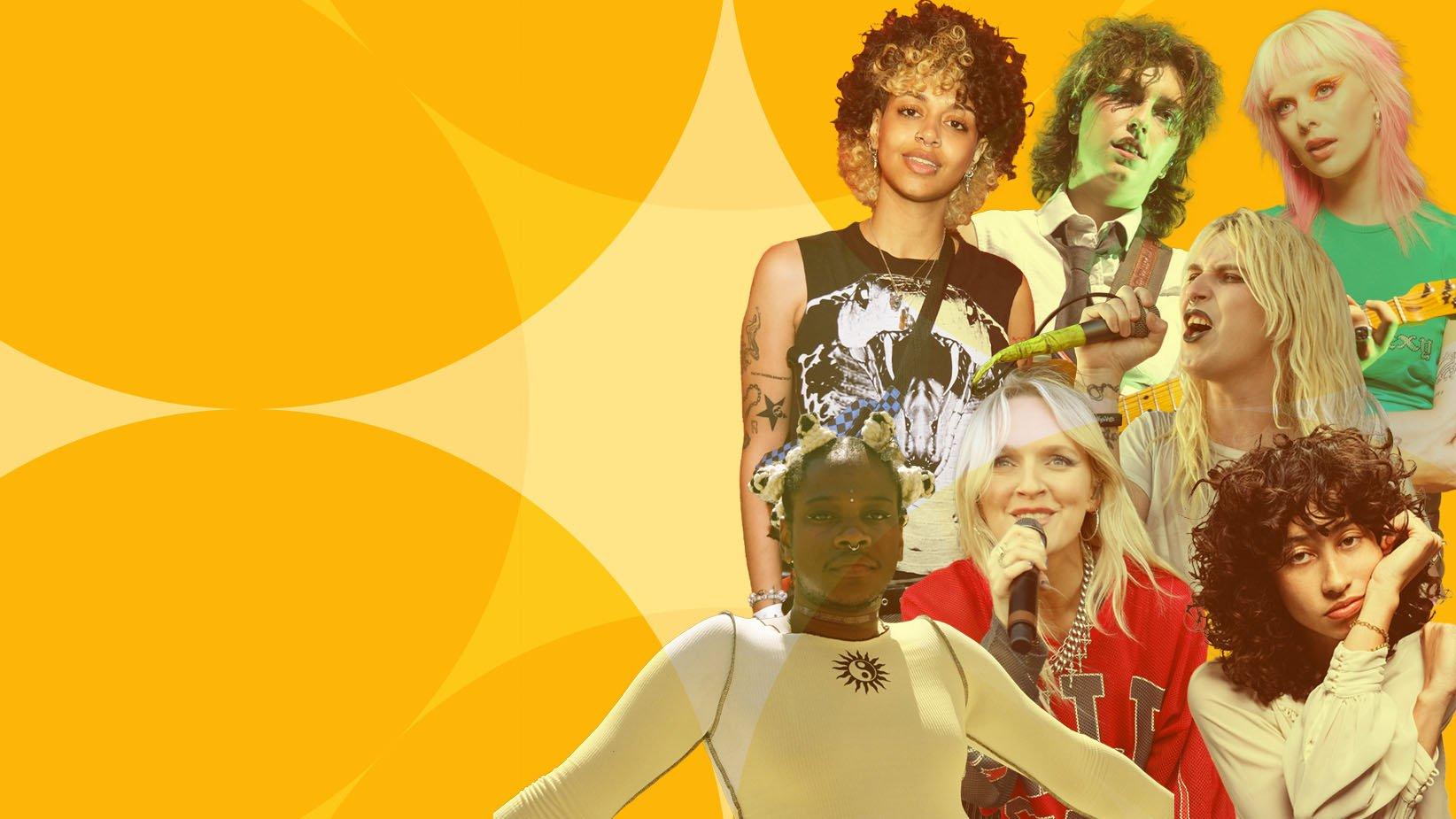Sam Smith is just the 10th artist in the GRAMMY Awards' 57-year history to receive nominations in all four of the General Field categories in the same year. His gospel-tinged ballad "Stay With Me (Darkchild Version)" is nominated for Record and Song Of The Year. (He co-wrote it with James Napier and William Phillips.) His debut album In The Lonely Hour is a finalist for Album Of The Year. And he's in the running for Best New Artist.
At 22, Smith is the second-youngest artist to achieve this feat. Only Mariah Carey, who was 20 at the time, was younger.
What's more, he's just the second male solo artist (following Christopher Cross) and just the second foreign-born artist (following fellow Brit Amy Winehouse) to be recognized in all four categories in the same year.
As you will see, seven of the 10 artists on this list are female solo artists; strong women who have exerted appreciable control over their music and image.
Here are the nine artists who previously achieved the feat. All won as Best New Artist unless otherwise noted.
Bobbie Gentry, 1967. Gentry, who was 23, was nominated for Album, Record and Song Of The Year, thanks to Ode To Billie Joe and its moody title track.
Christopher Cross, 1980. Cross, who was 29, took Record and Song Of The Year for "Sailing" and Album Of The Year for Christopher Cross. He's the only artist in GRAMMY history to win all four of these awards in one night. (Will Smith match that achievement? We'll find out on Feb. 8.)
Cyndi Lauper, 1984. Lauper, who was 31, was nominated for Album Of The Year for She's So Unusual, Record Of The Year for "Girls Just Want To Have Fun" and Song Of The Year for "Time After Time" (which she co-wrote with Rob Hyman).
Tracy Chapman, 1988. Chapman, who was 24, was nominated for Record and Song Of The Year for "Fast Car" and Album Of The Year for Tracy Chapman.
Mariah Carey, 1990. Carey was nominated for Album Of The Year for Mariah Carey and Record and Song Of The Year for "Vision Of Love" (which she co-wrote with Ben Margulies).
Paula Cole, 1997. Cole is the only artist to receive nominations in each the big four categories who was also nominated for Producer Of The Year, Non-Classical. Cole, who was 29, was nominated for Record and Song Of The Year for "Where Have All The Cowboys Gone?" and Album Of The Year for This Fire.
India.Arie, 2001. India.Arie is the only artist to receive nominations in each of the big four categories who didn't win as Best New Artist. (She lost to Alicia Keys.) India.Arie, who was 26, was nominated for Album Of The Year for Acoustic Soul and Record and Song Of The Year for "Video" (which she co-wrote with Carlos "Six July" Broady, Reginald Harris and Shannon Sanders).
Amy Winehouse, 2007. Winehouse, who was 24, won Record and Song Of The Year for "Rehab" and was nominated for Album Of The Year for Back To Black.
Fun., 2012. The pop trio is the only group or duo to receive nominations in each of the big four categories. The members of Fun. (Jack Antonoff, Andrew Dost and Nate Ruess) won Song Of The Year for "We Are Young" (which they co-wrote with Jeff Bhasker). They were nominated for Record Of The Year for that smash (which featured Janelle Monáe) and Album Of The Year for Some Nights.
Here are five artists who just missed receiving nominations in all of the big four categories.
Carpenters, 1970. Karen and Richard Carpenter were nominated for Album and Record Of The Year for Close To You and its title track, but Paul Williams and Roger Nichols wrote their Song Of The Year contender, "We've Only Just Begun."
Sheryl Crow, 1994. Crow won Record Of The Year and was nominated for Song Of The Year for "All I Wanna Do" (which she co-wrote with David Baerwald, Bill Bottrell, Wyn Cooper, and Kevin Gilbert), but her album, Tuesday Night Music Club, wasn't eligible. It had been released in the previous eligibility year.
Alanis Morissette, 1995. Morissette won Album Of The Year for Jagged Little Pill and was nominated for Song Of The Year for "You Oughta Know" (which she co-wrote with Glen Ballard), but that album track wasn't eligible for Record Of The Year. Rules at the time barred tracks that weren't commercially available as singles from competing in that category.
Joan Osborne, 1995. Osborne was nominated for Album Of The Year for Relish and Record Of The Year for "One Of Us," but Eric Bazilian wrote that philosophical song, a Song Of The Year finalist. (Deep trivia: Bazilian is a member of the Hooters, as is Rob Hyman, the co-writer of Lauper's aforementioned hit.)
Norah Jones, 2002. Jones won Album Of The Year for Come Away With Me and Record Of The Year for "Don't Know Why," but Jesse Harris wrote that smoky ballad, which won Song Of The Year.
Paul Grein, a veteran music journalist and historian, is a regular contributor to Yahoo.com.

